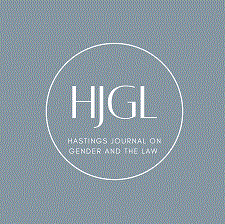
Abstract
Controversial policies in the United States Armed Forces like the ban on abortions in military facilities and the discharge of openly homosexual service members under Don't Ask Don't Tell (DADT) have disproportionately deprived service women of the fundamental rights they fight to protect. These policies pose serious threats to the safety and efficacy of female military personnel forcing them to make impossible decisions regarding their health, intimate relationships, and military careers. While the 111th Congress successfully repealed DADT, efforts to repeal the abortion ban fell short. This note compares and contrasts the substantive details and legislative history of these two policies and explores the limits of repealing these policies via legislative avenues. The judiciary can offer greater insulation from the pressures of political shifts in power, and thus challenging the constitutionality of the Abortion Ban and DADT in the courts might provide greater assurance that these policies will not be continuously repealed and reinstated. This note contends that the arguments raised in the legal challenge of DADT in Log Cabin Republicans v. United States can be employed to challenge the constitutionality of the abortion ban at military facilities by inquiring into the actual effects such policies have on unit cohesion and military readiness. As much evidence shows, both policies actually detract from the government's stated interests in unit cohesion and military readiness and thus cannot be upheld under heighted scrutiny analysis when these policies so blatantly interfere with service member's fundamental civil rights.
Recommended Citation
Hillary Hansen,
Fundamental Rights for Women: Applying Log Cabin Republicans to the Military Abortion Ban,
23 Hastings Women's L.J. 127
(2012).
Available at: https://repository.uclawsf.edu/hwlj/vol23/iss1/6

